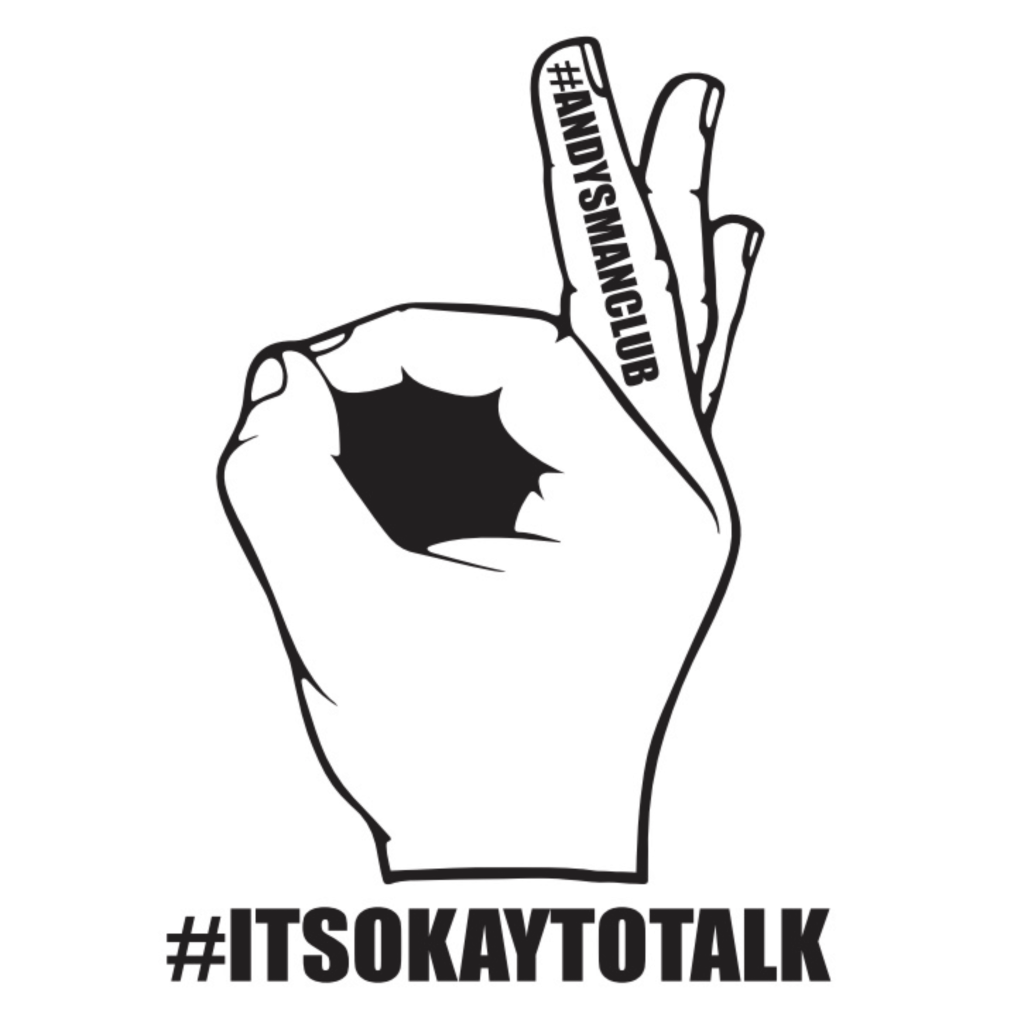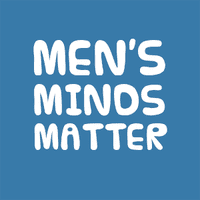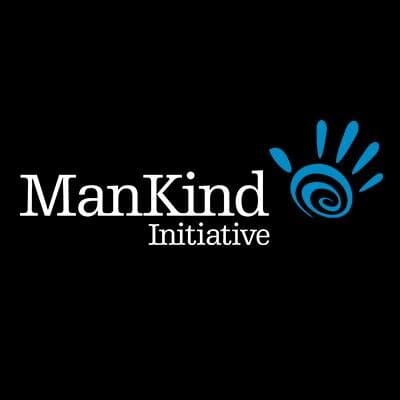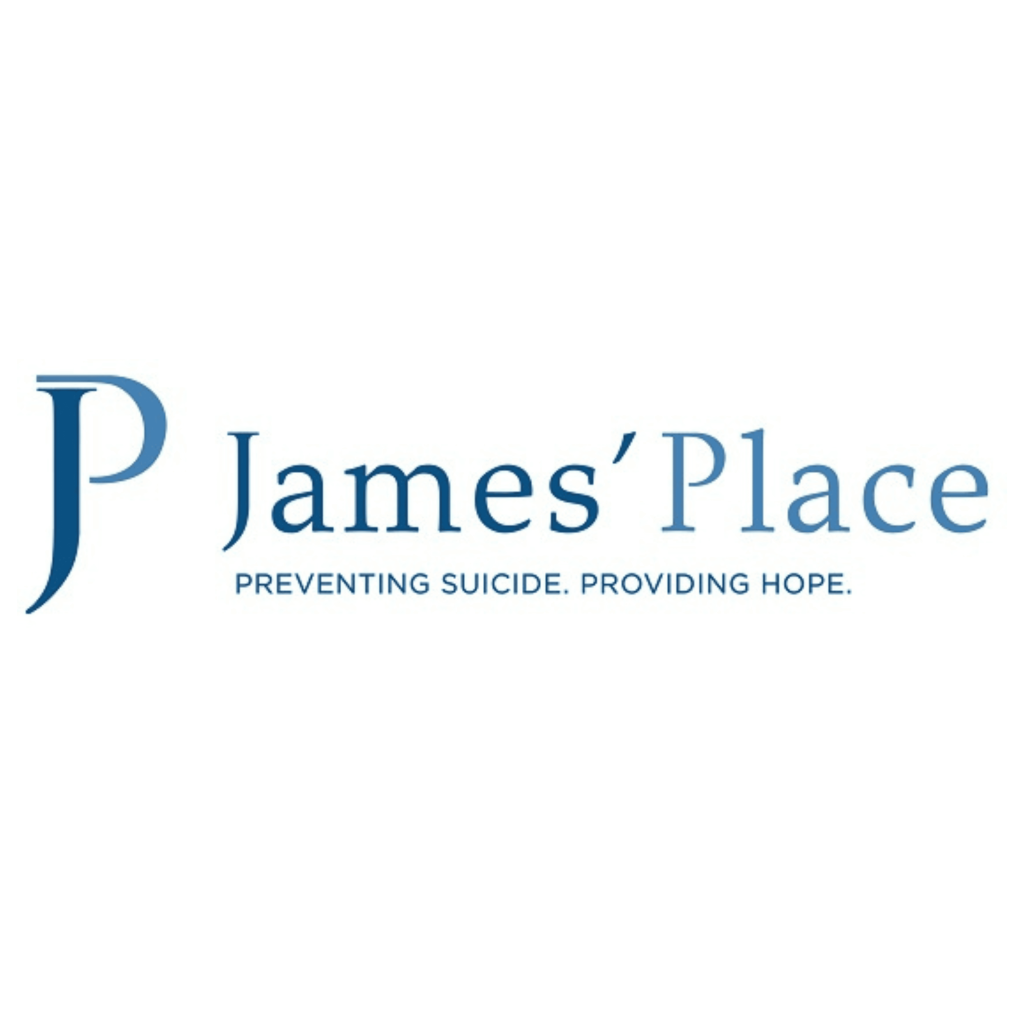Therapy is not one-size-fits-all. Different approaches suit different people, depending on their personality, goals and what they want to explore. Knowing the main types can help you find a style that feels right for you.
Cognitive Behavioural Therapy (CBT)
CBT focuses on the link between thoughts, feelings and behaviours. It aims to identify unhelpful thinking patterns and replace them with healthier ones. It is often structured, time-limited and practical, with exercises you can apply in everyday life.
Person-Centred Therapy
Developed by Carl Rogers, this approach is built on the belief that people have the capacity to grow if they are given the right conditions. The therapist offers empathy, genuineness and unconditional positive regard, allowing you to explore issues at your own pace without judgment.
Psychodynamic Therapy
This approach explores how past experiences, often from childhood, shape your present behaviours and emotions. It looks at unconscious patterns and defences, aiming for deeper self-understanding and long-term change.
Gestalt Therapy
Gestalt therapy emphasises self-awareness and the present moment. It encourages exploring feelings, behaviours and thoughts as they arise in the therapy room. Creative techniques, role-play and dialogue may be used to help you connect with your experience.
Acceptance and Commitment Therapy (ACT)
ACT helps you accept thoughts and feelings rather than trying to eliminate them. It encourages living in line with your values, even when difficult emotions are present. Mindfulness is often a key element.
Eye Movement Desensitisation and Reprocessing (EMDR)
EMDR is designed to help process traumatic memories. By using specific eye movements or other forms of bilateral stimulation, the brain is guided to reprocess distressing events in a way that reduces their emotional charge.
Transactional Analysis (TA)
TA focuses on understanding how we communicate with ourselves and others through three core states – Parent, Adult and Child. It can help identify patterns that developed early in life and replace unhelpful ways of relating with healthier, more constructive interactions.
Integrative Therapy
Many therapists combine techniques from different approaches, tailoring sessions to your needs. This is called integrative therapy and it can offer flexibility if you are looking for a more personalised experience.
Other Approaches
There are many other types of therapy you might come across:
- Solution-Focused Brief Therapy (SFBT) – aims for practical change in the short term
- Mindfulness-Based Cognitive Therapy (MBCT) – blends mindfulness and CBT to help prevent relapse in depression
- Couples Therapy – helps partners improve communication and address relationship challenges
- Group Therapy – brings people together with similar experiences to support one another under the guidance of a therapist
How do I know which one is right for me
It is normal to feel unsure about which therapy style to choose. You might start with one approach and later try another, or work with a therapist who blends methods. The most important factor in effective therapy is the quality of the relationship you have with your therapist. Feeling safe, heard and understood matters more than the technique they use.
If you are uncertain, focus on finding a therapist you connect with. Trust your instincts during the first session or two. If you feel comfortable and able to be honest with them, you are more likely to make progress regardless of the therapeutic approach.















